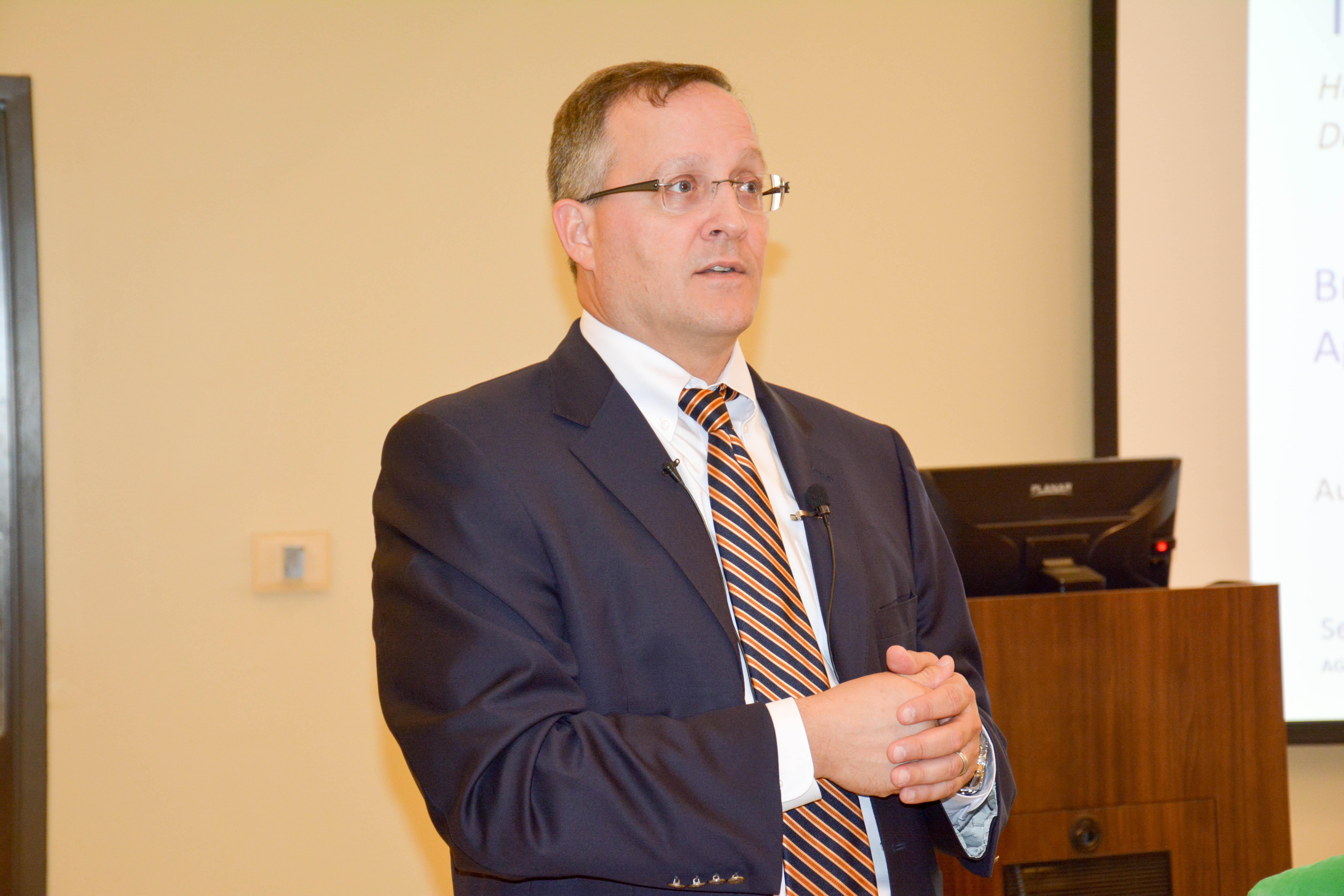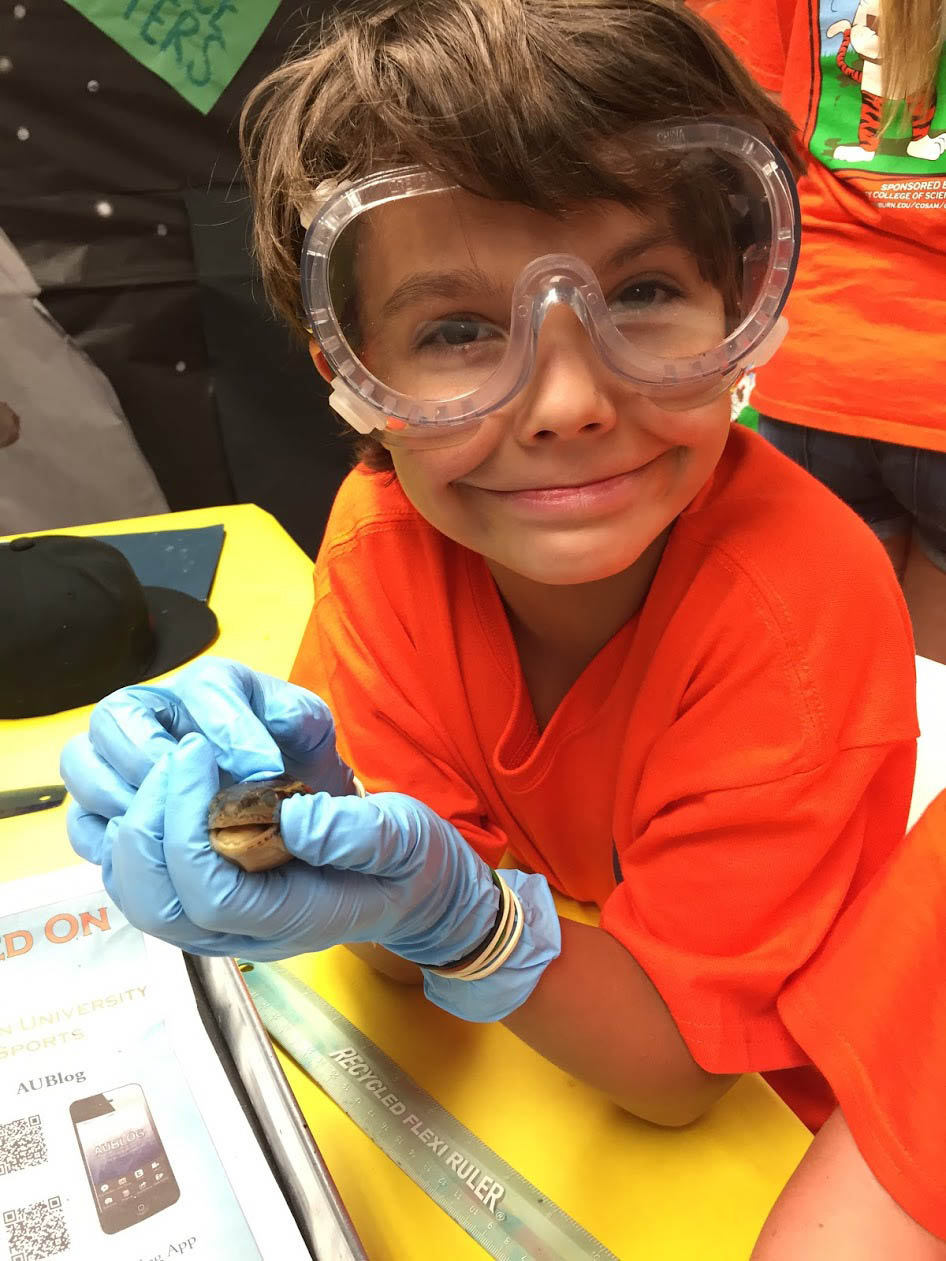|
Alumnus spotlight: Brady Augustine
Brady Augustine is a leader in health systems operations and improvement, and is currently the president of Aggressive Analytics Inc., a consulting firm that provides leadership in the areas of Medicare and Medicaid operations, health systems development, health information technology, value-based purchasing, operational and clinical research, regulatory compliance and performance improvement.
He has more than 20 years of experience managing teams and budgets for private sector firms and government agencies and has held roles in many professional societies where he has received numerous awards for his innovation.
Before joining Aggressive Analytics Inc., Augustine served as chief of health systems development for the Agency for Health Care Administration in Tallahassee, Fla., where he directed the bureau responsible for improving Florida's use of managed care principles to increase value of health care delivered to Florida Medicaid beneficiaries.
Augustine received a master's degree in statistics with a concentration in biostatistics and econometrics and a bachelor's degree in applied discrete mathematics from Auburn University.
He and his wife, Carmela, live in Tallahassee, Fla., and have three children, Taylor, Andrew and Isabella. He is also actively involved with the Boy Scouts of America and serves as an assistant Scoutmaster for Troop 118.
Augustine recently gave a lecture at Auburn University titled, “The Rise of the Health Data Scientist,” sponsored by the College of Sciences and Mathematics and the Auburn University Libraries.
When did you become interested in statistics and analytics/what made you decide to build a career in that field?
As a child, I used to do fantasy football and fantasy baseball before it was appreciated by others. I remember modifying 20 decks of cards to match strengths and weaknesses of fictitious players and then using these probabilities to play a season of games. At Auburn, I remember wondering how in the world could I find a career that took advantage of the things I cared about: public policy, finance, health care and analytics. It took me a while, but eventually I got connected with Jerry Veeh in the Department of Mathematics and Statistics and Robert Ekelund in the Department of Economics, and I decided to work on a double master’s degree in statistics and economics.
To read the full story, click here.
|



